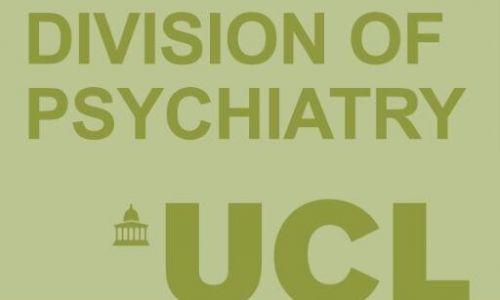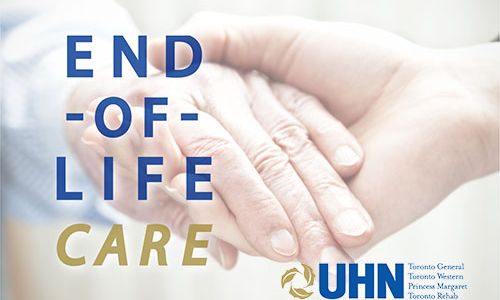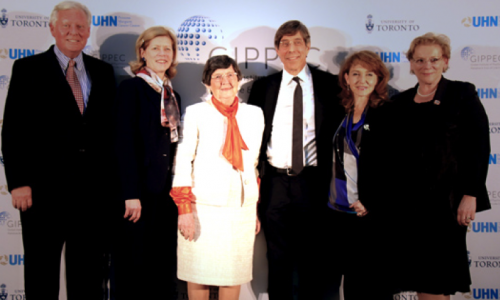
Dr. Rodin is the Director of the Global Institute of Psychosocial, Palliative and End-of-Life Care (GIPPEC) and a Professor of Psychiatry at the University of Toronto. He is a clinician-investigator who has published widely on the psychiatric and psychosocial aspects of cancer and other medical illnesses. Under his leadership, the Department of Supportive Care at the Princess Margaret has now achieved an international reputation for its academic and clinical excellence.
Dr. Rodin has authored texts on Depression in the Medically Ill, and on the Psychiatric Aspects of Transplantation and is currently leading research on the psychological impact of advanced and terminal disease in affected patients and their families.

GIPPEC Director Gary Rodin is giving a seminar today at University College London. The seminar, entitled “From the Practical to the Profound: Brief Psychotherapy with Life-threatening and Advanced Disease”, will provide insight into a uniquely designed therapy for people with advanced cancer who are often distressed and carry a heavy...
Read more »
For some couples, third time's the charm.
That's true for Larry and Evelyn Bryan, who met more than 25 years ago working for the same company. She was in product development, he in engineering support. Each had been married twice before. They fell in love, married in 1989...
Read more »
The Global Institute of Psychosocial, Palliative and End-of-Life Care (GIPPEC) at the University of Toronto was officially launched Oct. 6 at Princess Margaret Cancer Centre, its home base.
The aim is to generate knowledge and debate to inform public policy, health care delivery and clinical practice, and to diminish...
Read more »
The Global Institute for Psychosocial, Palliative and End-of-Life Care (GIPPEC) brings together a diverse group of experts from across Toronto and around the world. It will generate research to underpin public policy and health systems, and to help clinicians deliver more effective and culturally sensitive care.
The institute will also educate...
Read more »
An individualized therapy designed to help patients manage the challenges of living with cancer, reduce distress and promote psychological well-being